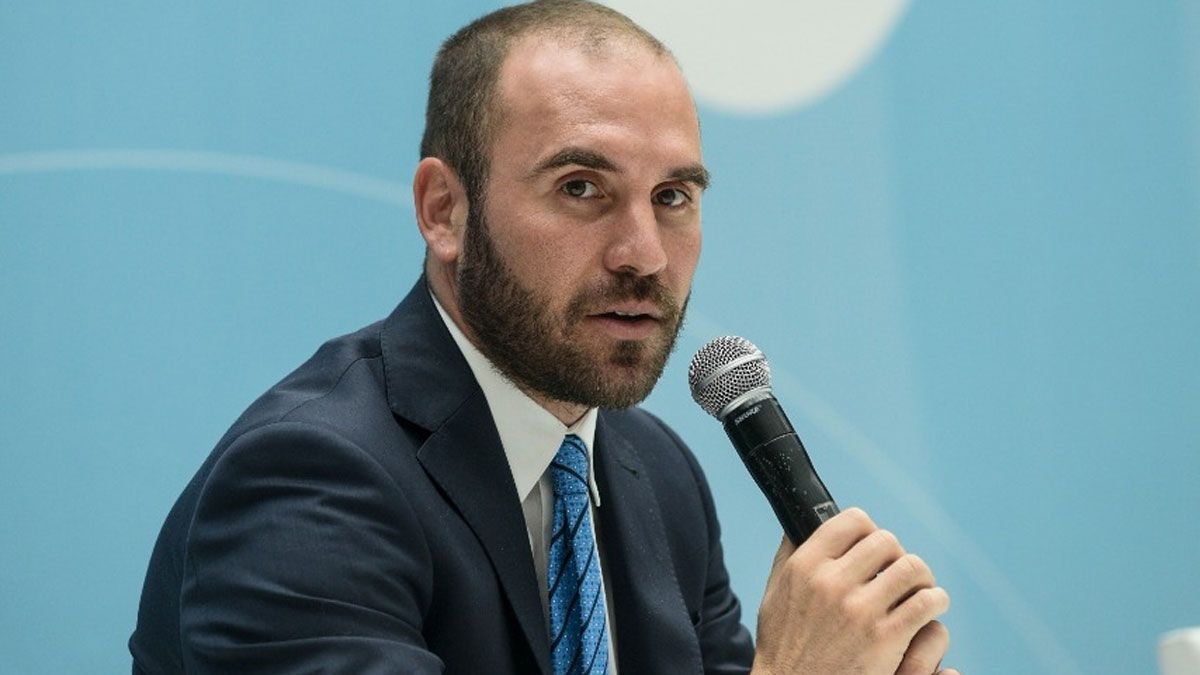The genesis of a long way to go will be this Monday, when the project begins to be discussed by the Budget Commission of the Chamber of Deputies. There will be the Minister of Economy, Martín Guzmán, who will provide details on the fine print of the text while doubts remain about whether it will have the affirmative vote of all its legislators. For its part, from Together for Change it is not known either, although they will seek this Sunday to establish a unified position. This Monday, in addition to Guzmán, Juan Manzur (chief of staff), Sergio Chodos (director of Conusur before the IMF) and Miguel Pesce (President of the BCRA) will attend.
two. Unions and businessmen
On Tuesday, meanwhile, representatives of the unions (General Confederation of Labor and Central of Argentine Workers) will be received; of social movements, of business entities, grouped in the General Business Confederation of the Argentine Republic (CGERA), the Assembly of Small and Medium Entrepreneurs (APYME), and the group of 6 (UIA, Camarco, CAC, ADEBA, SRA and the Stock Exchange).
Likewise, the governors will also be invited so that they can present their opinions on the agreement. Support is expected from union leaders for not including labor reform in the agreement. In the case of the business centrals, support for the understanding is also expected, since a non-agreement would imply strong consequences for the economy.
3. Signature of the Opinion
On Wednesday, according to the pre-agreed, it will be the turn of the internal debate of the plenary of the two commissions, a scenario that involves 49 legislators for Budget and Treasury and 31 for Finance, which will be formally constituted on Monday at 13. The board marks that of those 80 deputies, 39 belong to the Front of All; 38 to Together for Change; two to the Federal interbloc (from Córdoba Federal and the Lavagnismo) and one to the United Provinces (from the provincial government of Misiones). The opinion that obtains the largest number of signatures will be the first to be considered in the session on Thursday or Friday.
4. Discussion
On Thursday, the opinion is expected to arrive at the venue. However, they admit that it may take another day and it is contemplated that the vote may take place on Friday. If approval is achieved, the bill must be turned over to the Senate for review.
5. IMF Final Approval
The agreement between the Argentine government and the fund’s staff must be reviewed and approved by the board of the multilateral organization for the program to begin execution. The board is made up of 24 directors and headed by Kristalina Georgieva. The support of the main powers and the USA in particular will be key, as it is the member with the most weight within the organization and with veto power. Although the Congress vote is not a binding factor for the body, it is a variable to consider as a favorable “political signal” for its approval.
6. Reviews
Once approved by the IMF Board, the new Extended Facilities agreement establishes ten reviews by the Fund’s staff to supervise that the Argentine government is complying with the agreed objectives. Reviews will be quarterly.
The disbursements will be made in the country’s Special Drawing Rights (SDR) account, for an amount of $31,914 million, equivalent to US$45,000 million. The first would arrive before March 21 after the approval of the agreement in Congress.
In that sense, the government said that the disbursements will support “Our firm commitment to comply with our obligations before the IMF as the expiration dates arrive and they manage to strengthen our international reserves.”
The deadline for all the instances that both parties must still give to take the agreement for granted is March 22, the day on which the state must comply with the payment of US$2.8 billion.
- 1st SDR: $7 billion
- After 1st Review: 3 billion
- 2nd review: 3 billion
- 3rd review: 4.5 billion
- 5th review: 3 billion
- 6th revision: 2500 million
- 8th revision: 800 million
- 9th revision: 800 million
- 10th revision: 814 million.
Source: Ambito
David William is a talented author who has made a name for himself in the world of writing. He is a professional author who writes on a wide range of topics, from general interest to opinion news. David is currently working as a writer at 24 hours worlds where he brings his unique perspective and in-depth research to his articles, making them both informative and engaging.




